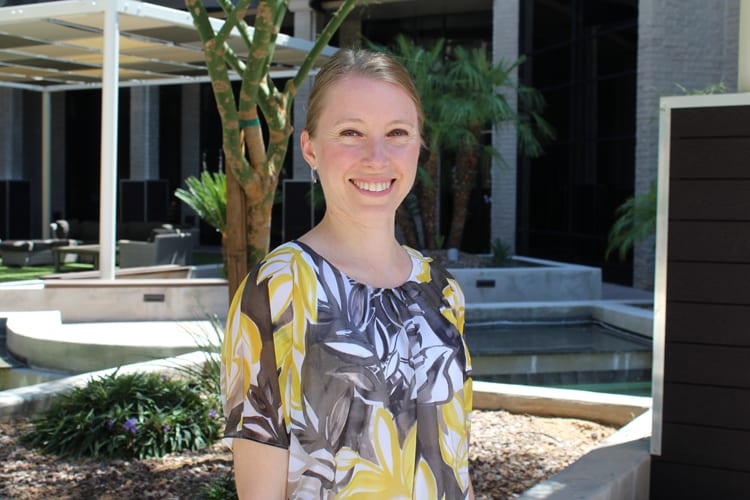Resolutions get a pretty bad rap, which is too bad because they really are designed to help us feel better about ourselves. Too many of us create resolutions, follow through for a week or two, and then forget all about them. Sometimes the issue is that we created a resolution that was unrealistic. Or, we forgot to consider the whole person⎯both mental and physical⎯when making big changes. Sometimes we had a great goal, but we were trying to do it alone. Maybe, we got discouraged and dismissed our small successes along the way. Here are three important tips to help you avoid the resolution rut in 2019.
The first step to success is to be realistic about resolution goals and determine the best way to achieve them. For most wellness resolutions, your first plan of action should be a visit to a primary care physician for an annual physical, to help you figure out a healthy starting point. Consider scheduling an appointment with a behavioral health provider, who can help you take stock of your overall wellbeing and support your goal-setting. We go through many stages of motivation when we want to make permanent life changes. It’s important to connect with someone who can make sure you’re in the right mindset and internally motivated to move forward and address any mental health concerns that might prevent you from reaching those goals. Finding an Integrated Care Clinic that has medical and behavioral care in one location can be a great and convenient way to address your whole health.
The second step is to have support. When looking for other partners in your resolutions, consider aligning yourself with individuals who have the experience and know-how to help you identify and address barriers to wellness success. For example, if your goal is to eat healthy and you don’t know where to begin, a knowledgeable health navigator can share information on healthy food choices, cooking tips, and even how to get your family involved.
Integrated Health Navigators can also provide supportive ideas regarding exercise and physical activity. They can support you through developing an activity plan from start to finish, such as help you schedule and/or go with you to your primary care physician appointment, hold you accountable throughout your activity, and help you track and monitor your progress. If that seems like too much, they can even just meet with you to get started on a walking routine. The Navigators can also help you find people in your life who can stick with you for the whole year for your goals, like a workout buddy or a friend who will have healthy lunches with you.
The final step is to keep an eye out for the little changes that mean your resolutions are working. Do you feel like your moods are a little brighter? Are you having fewer headaches, or less pain? Maybe you have a little more energy? Are you enjoying more quality time with friends or family? Or maybe you made a good food choice at lunch? These are all huge reasons to celebrate! We know that we are likely to continue new habits if we believe that they are working and are sustainable.
So be realistic, align yourself with some supports that will help you overcome barriers standing in the way of your health and wellness success, and celebrate the small successes. You’ll be glad you did.
Melissa Baker is a Clinical Director for Behavioral and Integrated Health at Jewish Family & Children’s Service.




